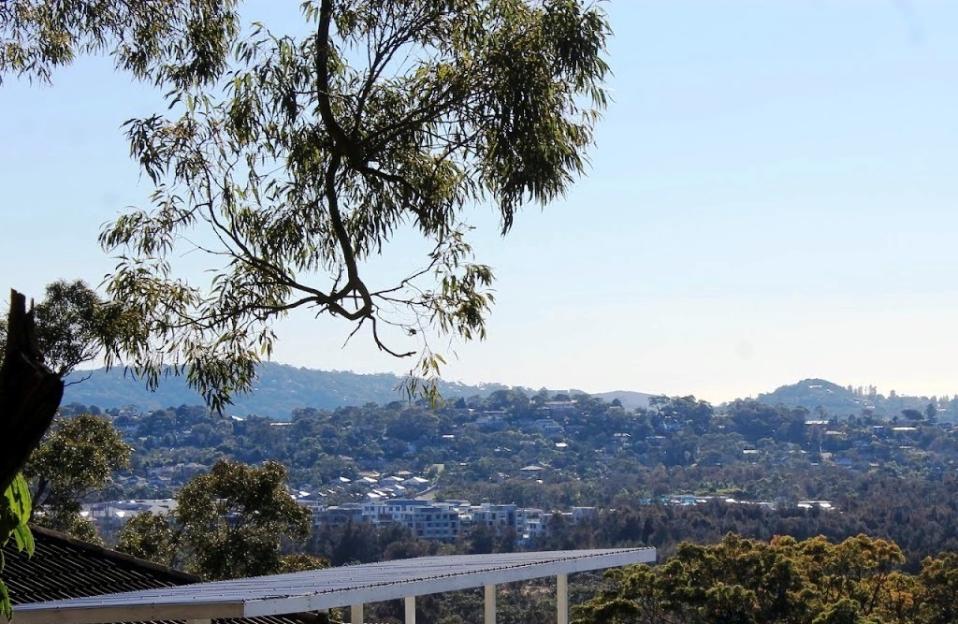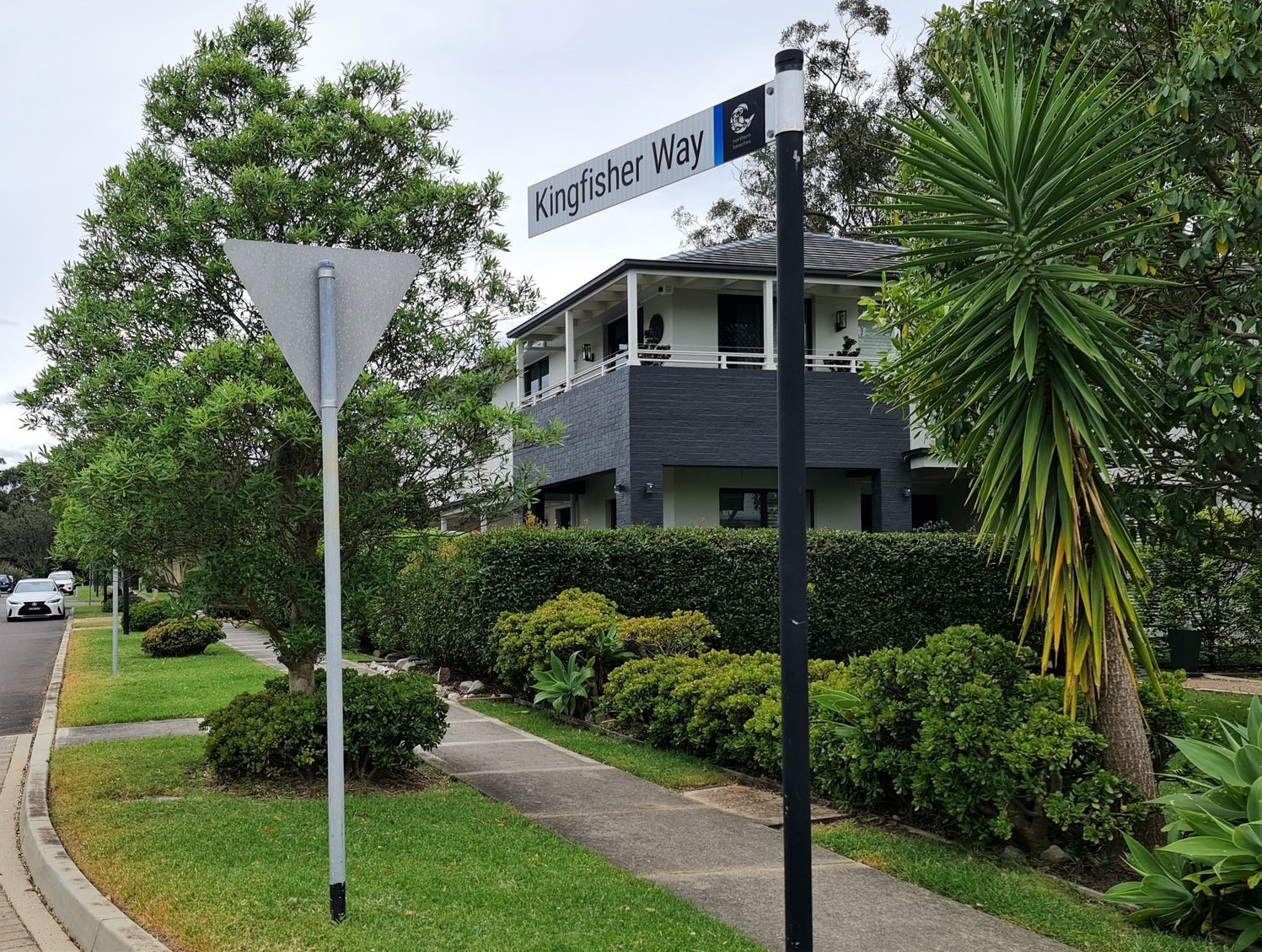Strata overhaul reaches 'final milestone' as fourth reform bill is introduced to NSW Parliament: Double-hit fees-council rates still not addressed -Issues Paper for review into strata managing agents Open for feedback (Until December 14)

More than 1.2 million people who live in strata homes across the state are set to benefit from another suite of reforms being introduced to NSW Parliament in the final stage of the Minns Government’s ambitious program to modernise strata laws.
The new legislation is the Government’s fourth strata reform package since March 2023 and finalises the legislative response to the recommendations made in a 2021 statutory review of strata laws, following inaction by the former government.
The Strata Schemes Legislation Amendment (Miscellaneous) Bill 2025 forms part of the Government’s holistic approach to addressing the housing challenge and will ensure that the State’s strata laws give people the confidence to live and invest in strata.
Reforms in the Bill include:
- Allowing compliance action taken by NSW Fair Trading against an owners corporation to be proactively published so prospective buyers can know if there are any issues with repairs and maintenance in the building,
- Giving owners the right to install electric vehicle charging stations on their own lot without fear of unreasonable objection from their strata committee,
- Better protect owners corporations with embedded network supply agreements, such as for electricity, so they are not charged unfair infrastructure costs if they terminate an agreement,
- Removing unnecessary red tape for two-lot schemes such as duplexes, which make up more than 30 per cent of strata schemes, so they no longer need to form committees, hold meetings and submit annual reports to NSW Fair Trading,
- Setting fair limits on when an owners corporation can charge strata residents a bond or fee, for example bonds for access keys or swipe cards that are exorbitantly higher than the replacement cost will no longer be allowed,
- Allowing the NSW Civil and Administrative Tribunal to terminate an owners corporation’s agreement with a building manager if they breach their duties.
This Bill follows three earlier tranches of strata reforms, which include:
- Increased penalties for strata managing agents who don’t disclose conflicts of interest or kickbacks to owners,
- Requiring payment plans to be offered to owners in financial hardship before debt recovery action can be taken and prohibiting blanket rules to refuse payment plan requests,
- A world-first in strata regulation by allowing NSW Fair Trading to issue compliance notices and enter enforceable undertakings with owners corporations that do not meet their duties to maintain and repair common property. This will ensure serious maintenance issues and defects can be fixed without expensive and time-consuming litigation through the courts or tribunal,
- Protections for owners from bill shock by requiring developers to have initial levy estimates in new strata buildings to be independently certified, including increased penalties for non-compliance,
- Banning strata managing agents from taking a commission on insurance products when they don’t play a role in finding the best deal for owners,
- Introducing itemised insurance quotes so owners know exactly how much is going to agents and brokers in commissions and fees,
- Making it easier for owners to do minor renovations,
- Removing barriers to the uptake of sustainability measures such as solar panels and electric vehicle charging by prohibiting bylaws that block the infrastructure due to external appearance,
- Ensuring goods and services are obtained at competitive prices, by requiring owners corporations to get a second quote when the bill for work will be over $30,000.
This Bill also follows NSW Fair Trading’s recent steps to make it easier for people living in strata to find the right strata manager, and to better understand the strata insurance broker fees they are paying. The Strata Managing Agent Engagement Planner on the NSW Strata Hub helps people assess their current and prospective strata management fees by giving like-for-like comparisons on costs and services from different strata managing agents.
NSW Fair Trading has also this week released a report by John Trowbridge OAM which examines insurance broker fees and commissions on strata insurance. The Benchmarking Strata Insurance Broker Pricing report sets out the typical prices strata insurance brokers charge for their services and gives consumers an understanding of what they may reasonably be expected to be charged by insurance brokers arranging insurances.
Feedback from key stakeholders has informed the final Bill to ensure it will deliver intended benefits and meet the evolving needs of strata residents, owners, industry and the broader community. For more information on strata law changes, please visit: www.nsw.gov.au/departments-and-agencies/fair-trading/news/changes-to-strata-laws
Still Missing: Double-hit Fees still in place
However, none of the 'double-hit' fees met by residents in strata complexes, whereby they pay strata fees and then pay council rates atop these but still have to pay for services that other ratepayers take for granted, is not addressed.
Those outside of these estates pay council rates and see their verges and park areas mown or have council staff or contractors coming to collect fallen branches after storm events.
Those within these estates are paying the estate to have the grass verges mown, and paying to have the branches taken away - and then they pay the council for the same - but don't get those same services.
Residents are still asking why there is no reduction in their council rates to reflect the extra costs they have to pay that other residents do not incur.
The same 'double-hit' is applied to thousands of residents in strata and gated communities across the state.
Background
On October 15th 2021 a regulation was published to specify a factor to limit the highest ordinary rate that may apply where separate rates are set within a contiguous urban area.
A newer document, 'Local Government Amendment Act 2021 - Guidance on local government rating reforms, April 2022' states 'Four rating reforms took effect immediately on 24 May 2021 and provide options that may already be taken up by councils' one of which was
3. Urban residential rating subcategories – allowing all councils to set separate rates for different residential areas within a contiguous urban area, in certain circumstances, whether or not they have different ‘centres of population’
However, this document further states that:
For the purpose of setting different rating subcategories for residential land, ‘contiguous urban area’ has not yet been defined by any regulation or Ministerial Guideline. This may however capture a portion of an area that is urban in nature and comprises residential land where the properties within that area, taken together, are not entirely separated by land that falls within other rating categories.
Councils are required to use geographic names published by the Geographical Names Board to objectively define different residential areas to which to apply different residential rates, rather than being enabled to simply draw ‘lines on a map’. While an alternative option may be prescribed by regulation, no regulation has been made to date.
Each council must:
• Be satisfied on reasonable grounds that it is necessary to identify residential areas because of significant differences between the areas in relation to access to or demand for, or the cost of, providing services or infrastructure – see section 529(2A) of the LG Act.
• Publish the reasons for doing so on its website as soon as practicable after making the rates, and set out the reasons in councils Statement of Revenue Policy in its operational plan for the year concerned – see section 530(7)(a) and 530(7)(b).
How this translates in Warriewood, or any of the thousands of other similar schemes across Sydney is that they are paying a lot more for a lot less - on one side of the road in Warriewood residents were paying around $4,600.00 to get their grass verges kept trim and their weeds pulled or their rubbish collected while those on the other side of the street were paying $2300.00 a year.
The council's Special Rate Variation (SRV) has only increased those costs this year - they are still paying much more for much less.
The incumbent government's reforms in this area have not addressed this either.
See 2022 report:
2025 report: IPART Decision on Council Special Variation Application Approves 25.2% Permanent Increase
Minister for Better Regulation and Fair Trading Anoulack Chanthivong said:
“If we want more people living in higher-density developments, then we need to make the experience of strata living as attractive as possible.
“Effective and transparent strata management is a significant part of this Government’s plan to improve housing quality in New South Wales, and we are delivering on it.
“This final suite of legislative changes in response to the statutory review into strata laws is a key milestone for NSW.
“This ensures our laws are up to date for what is expected when living in multi-dwelling complexes.”
Strata and Property Services Commissioner Angus Abadee said:
“While this has been a huge uplift in the rights for residents and responsibilities for owners corporations, it is not the end of the journey for modernising strata living.
“Work will continue to ensure the benefits of the Government’s strata reform agenda are not only realised but sustained through fair, transparent, and responsive regulation.
“These changes ensure we have the right rules for strata – backed up with more support from NSW Fair Trading to ensure strata living is fair for all.”
Productivity and Equality Commission releases Issues Paper for review into strata managing agents
- Option one: Self-regulation, building on the Strata Community Association (NSW) plan to support and encourage members to transition away from insurance commissions.
- Option two: The NSW Government would introduce a ban on strata managers accepting commissions of any kind.
- Option three: Like option two, but with an additional ban on strata managers arranging certain services for the owners corporation that involve commissions further up the supply chain.

Shearwater Estate's Kingfisher Lane street sign - same council signage, at twice the price paid elsewhere